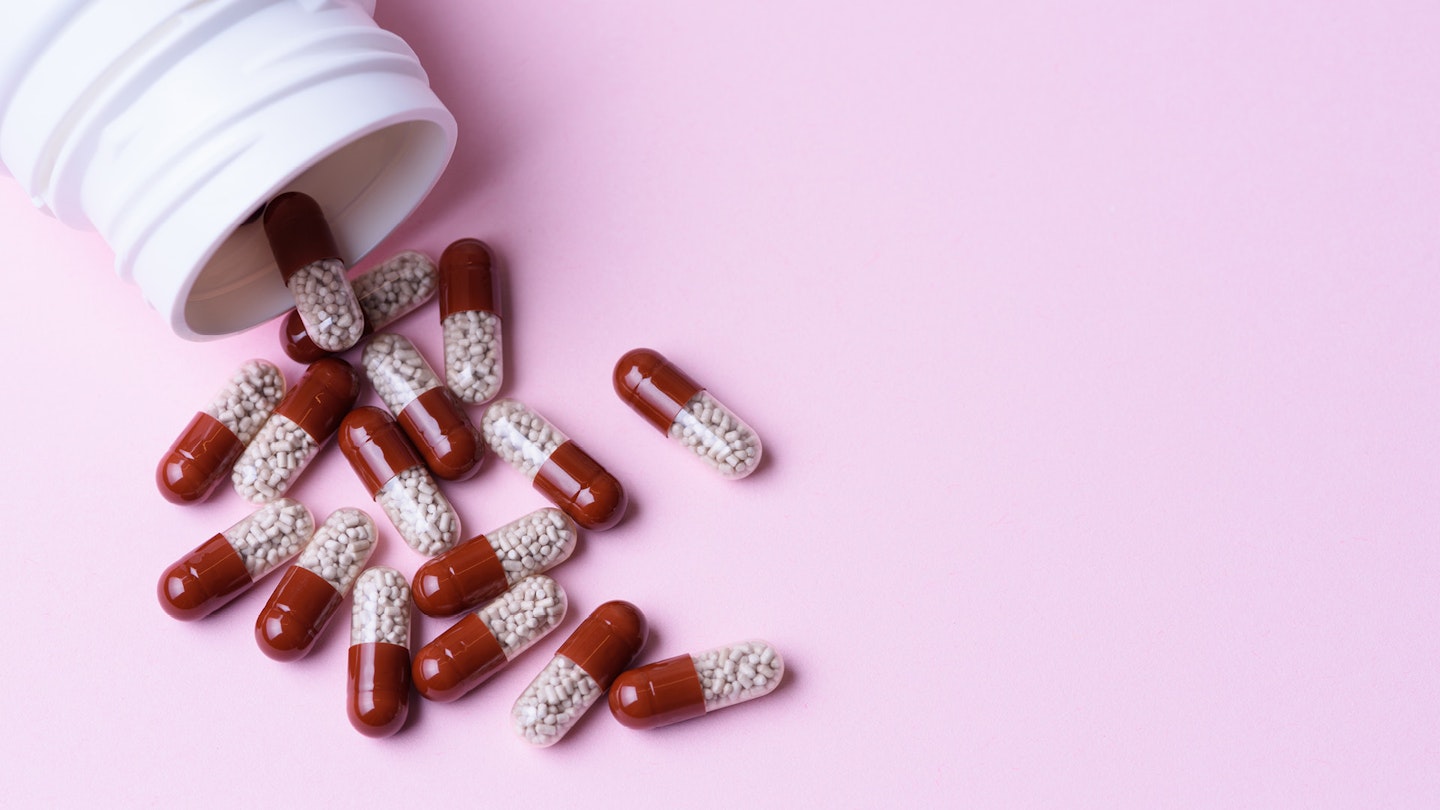It’s not news that mental health in the UK isn’t treated properly by the NHS. Facing cuts, fewer doctors and general misconceptions around mental illness, our beloved healthcare provider has it harder than ever in trying to provide adequate mental health care. At a time when1 in 10 young people have mental health issues, investment in resources and training is a necessity. What we are given in spades, however, is drugs. In fact, prescriptions for anti-depressants have more than doubled in the last 10 years, from 31 million to 64.7 million.
Today, one of the largest studies into the effectiveness of anti-depressants has proven that yes, in fact, the do work. The study, [published by The Lancet](http://www.thelancet.com/journals/lancet/article/PIIS0140-6736){href='http://www.thelancet.com/journals/lancet/article/PIIS0140-6736(17)' target='_blank' rel='noopener noreferrer'}, found that in a study involving 116,477 people, 21 common anti-depressants were all more effective at reducing symptoms of acute depression than placebos. Over 522 trails, the study also showed huge discrepancies between the effectiveness of different pills, with some being a third more effective than a placebo and others more than twice as effective.
According to lead researcher, Dr Andrea Cipriani, from the University of Oxford:
‘This study is the final answer to a long-standing controversy about whether anti-depressants work for depression.’
She told the BBC:
‘We found the most commonly prescribed anti-depressants work for moderate to severe depression and I think this is very good news for patients and clinicians.’
The author of the report has also stated that the results show many more people could benefit from the drugs. However, the study didn’t asses how the drugs worked for individuals of different ages and genders or account for the severity of symptoms. In fact, the analysis only covered eight weeks of treatment, providing no insight into longer-term use.
While there can be no doubt as to the significance of this study in proving, once and for all, that anti-depressants do work, researchers are being careful to state that the findings should not result in assuming anti-depressants should always be the first or only line of treatment.
A report published earlier this year found that mental health care providers continue to receive smaller budgets than hospitals, despite open acknowledgement from politicians that these services urgently need more money.
Many people, like Sorcha Hornett from Essex report long waiting times for talking therapies and feeling that they were rushed when they did eventually access the services. She told The Debrief:
‘I had a better experience with anti-depressants after being turned away from counselling because I appeared absolutely fine after two sessions. Anti-depressants actually helped my mental health, therapy made me question if there was even anything wrong with me and made me spiral with my self-doubt and made me quite insecure in my own emotions, which isn’t fun. Despite the side effects, anti-depressants have actually improved my mood and helped me to learn to stabilise my mood swings, which use to be constant.’
The fact that anti-depressants do actually work is good news but this should not be a green light for the government to continue cutting other, vital services.
**READ MORE: The Debrief Investigates - Hormonal Contraception And Mental Health **
Debrief Mad About The Pill Stats
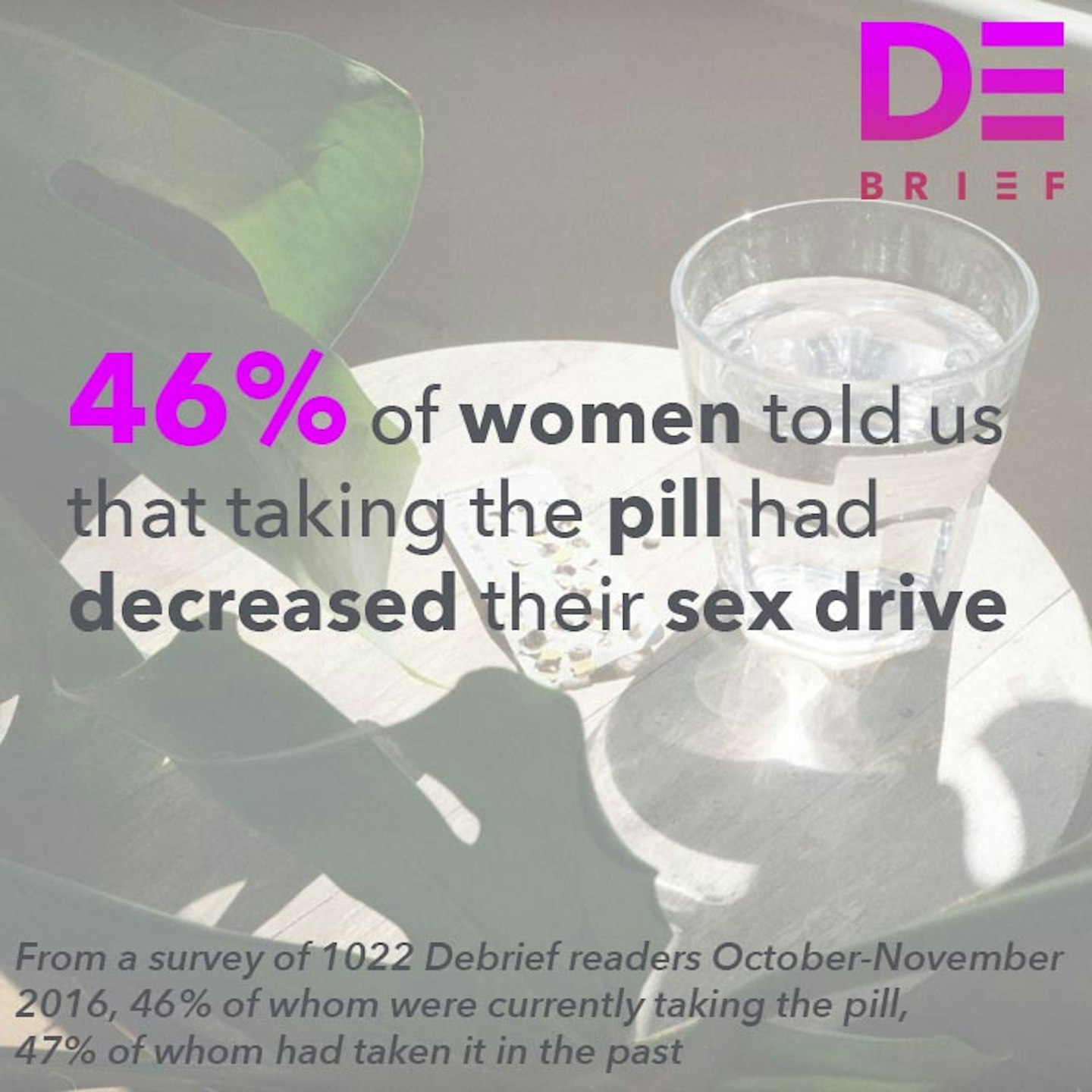 1 of 9
1 of 9Debrief Mad About The Pill Stats
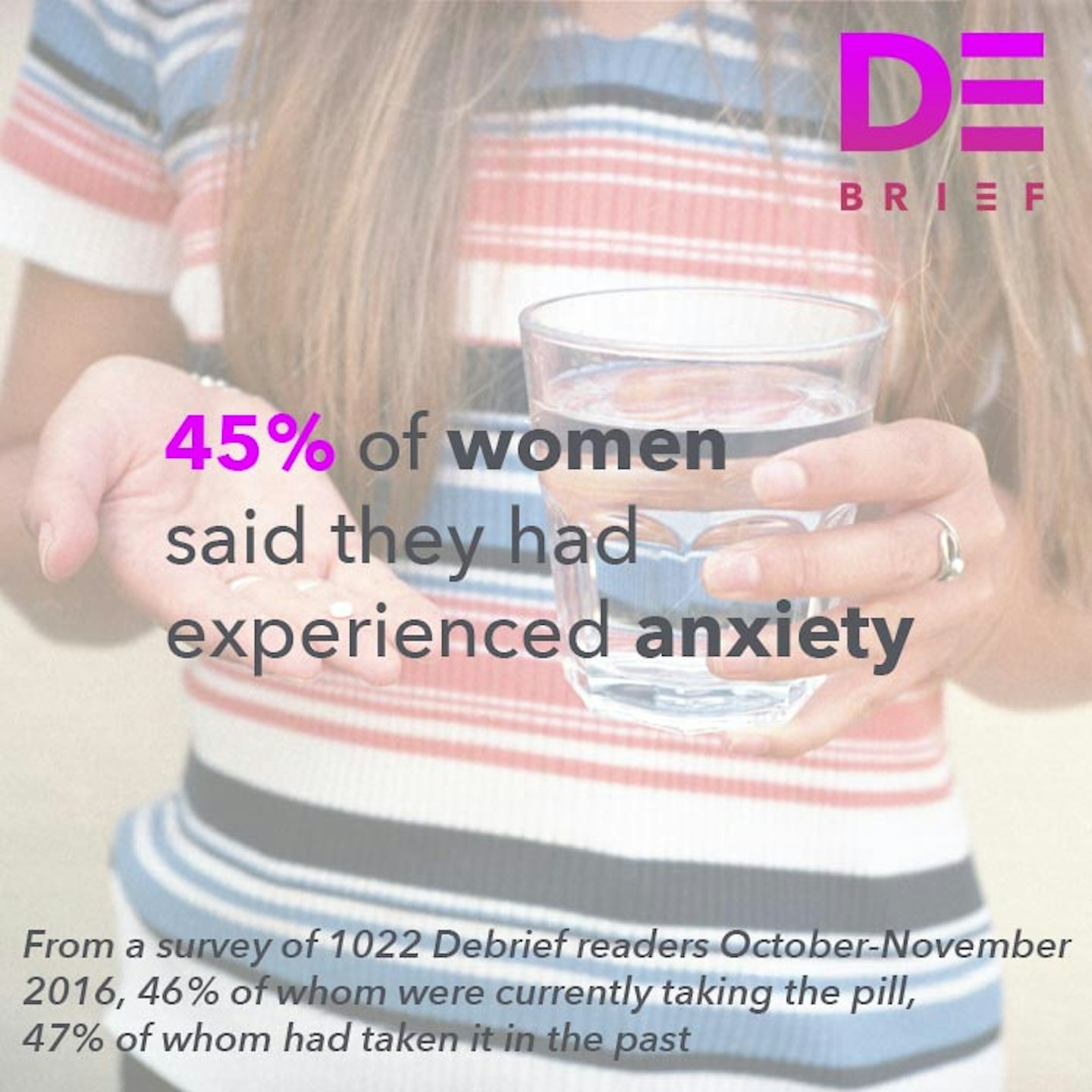 2 of 9
2 of 9Debrief Mad About The Pill Stats
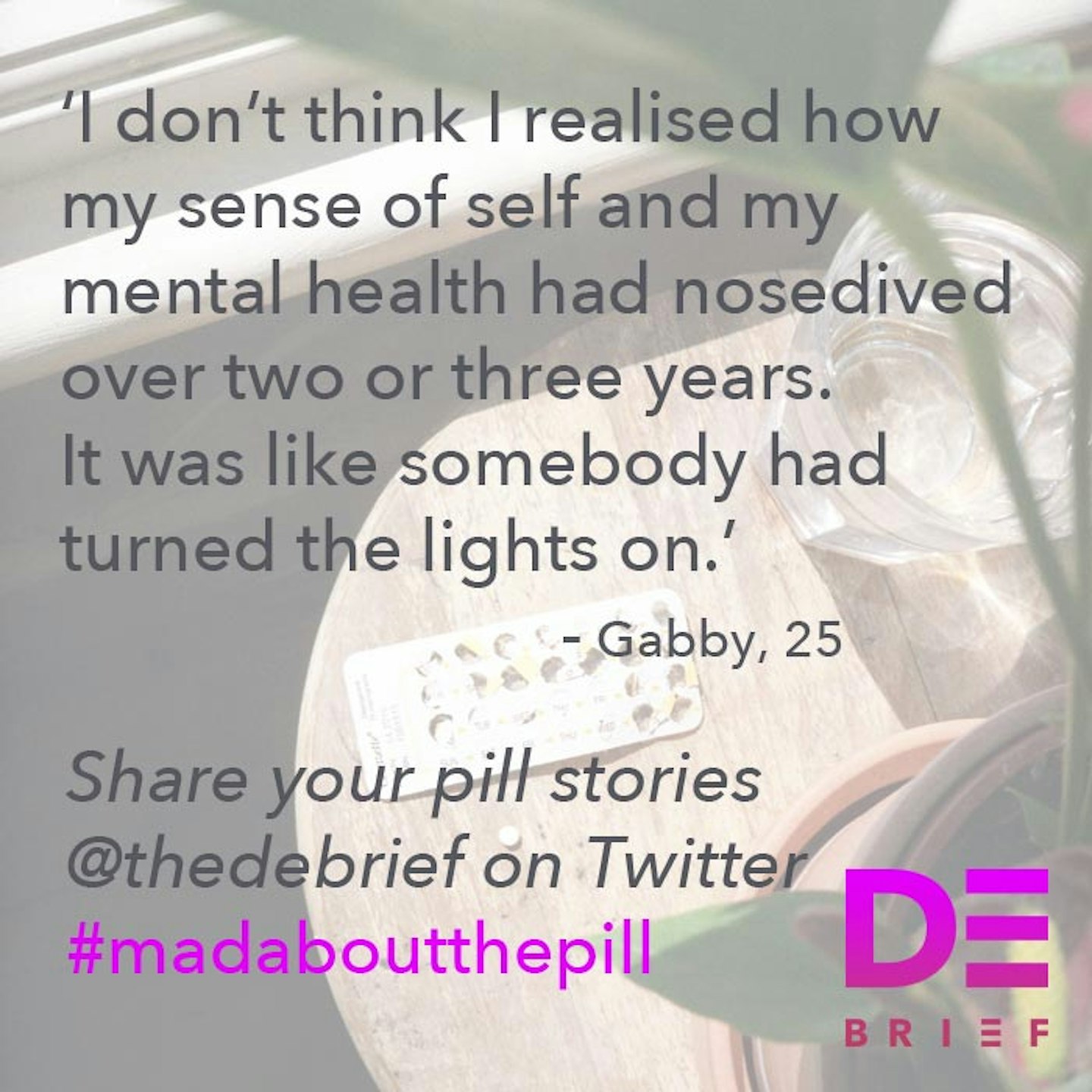 3 of 9
3 of 9Debrief Mad About The Pill Stats
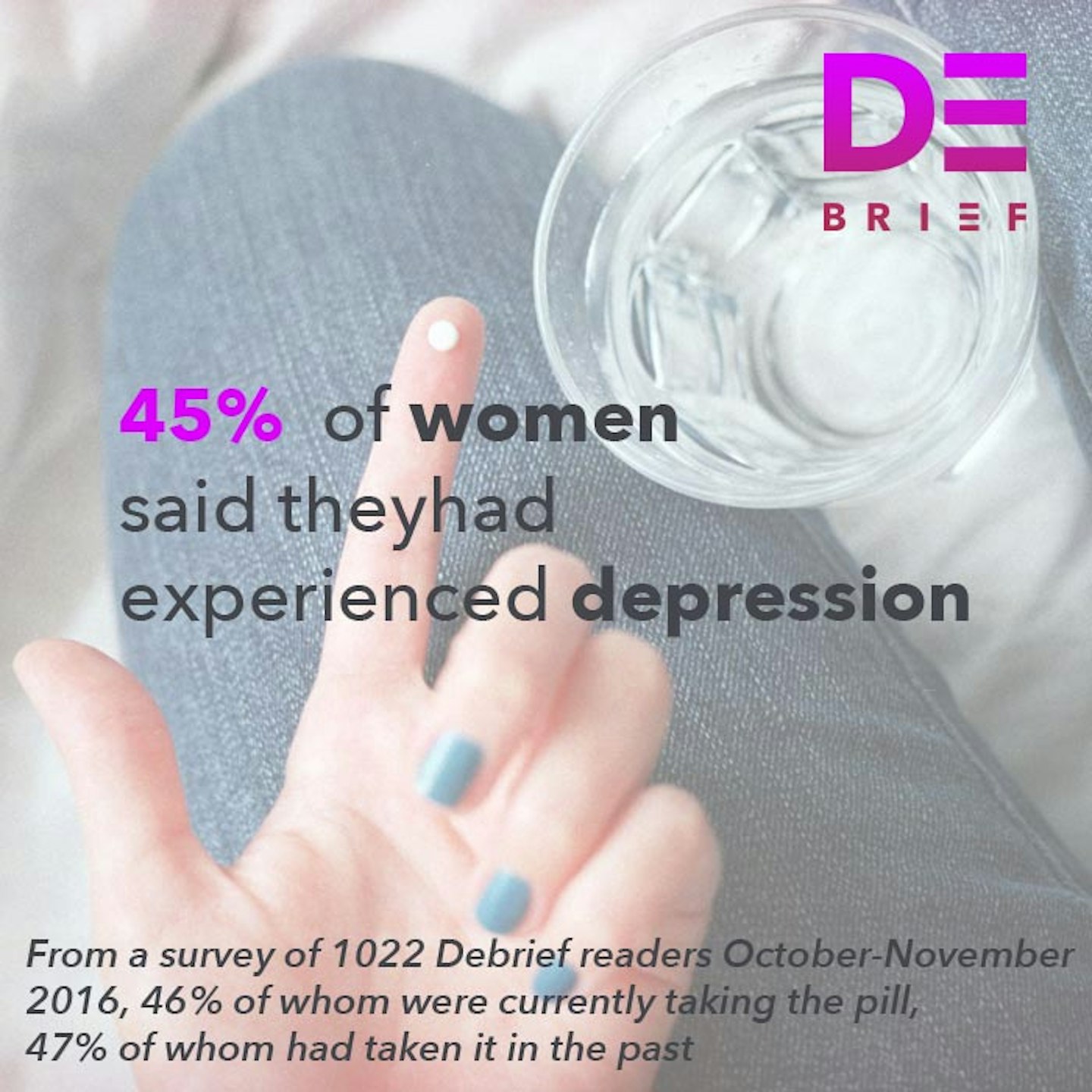 4 of 9
4 of 9Debrief Mad About The Pill Stats
 5 of 9
5 of 9Debrief Mad About The Pill Stats
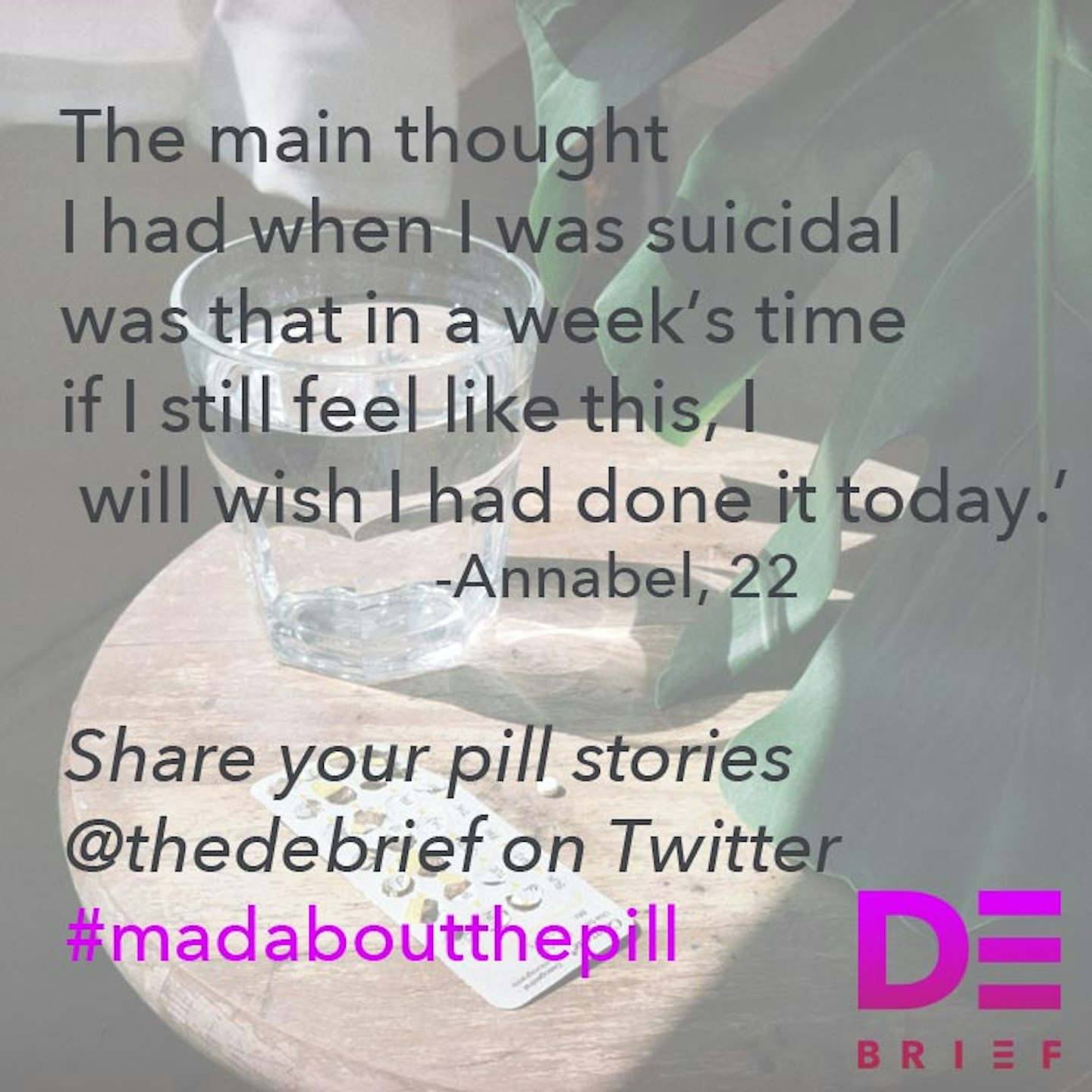 6 of 9
6 of 9Debrief Mad About The Pill Stats
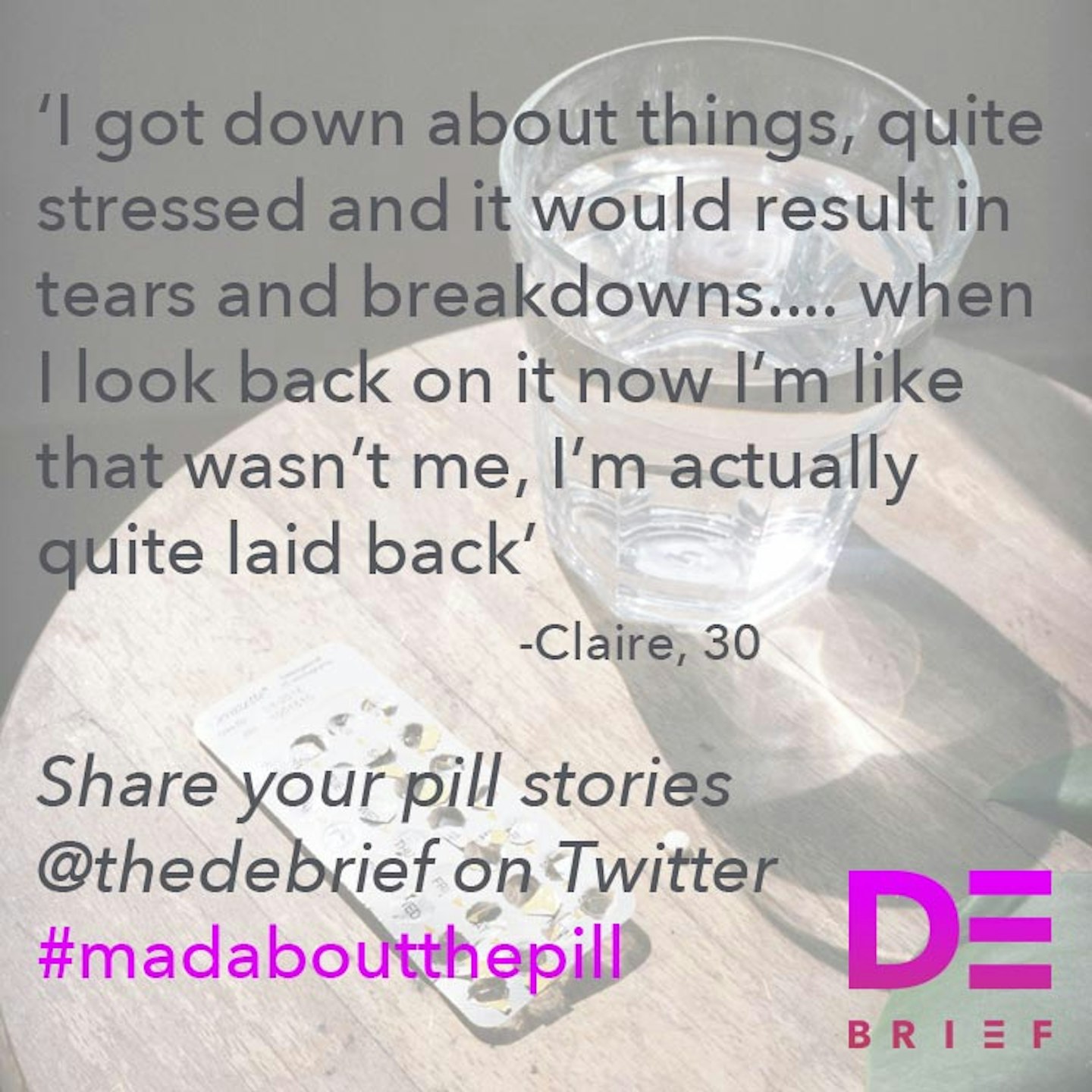 7 of 9
7 of 9Debrief Mad About The Pill Stats
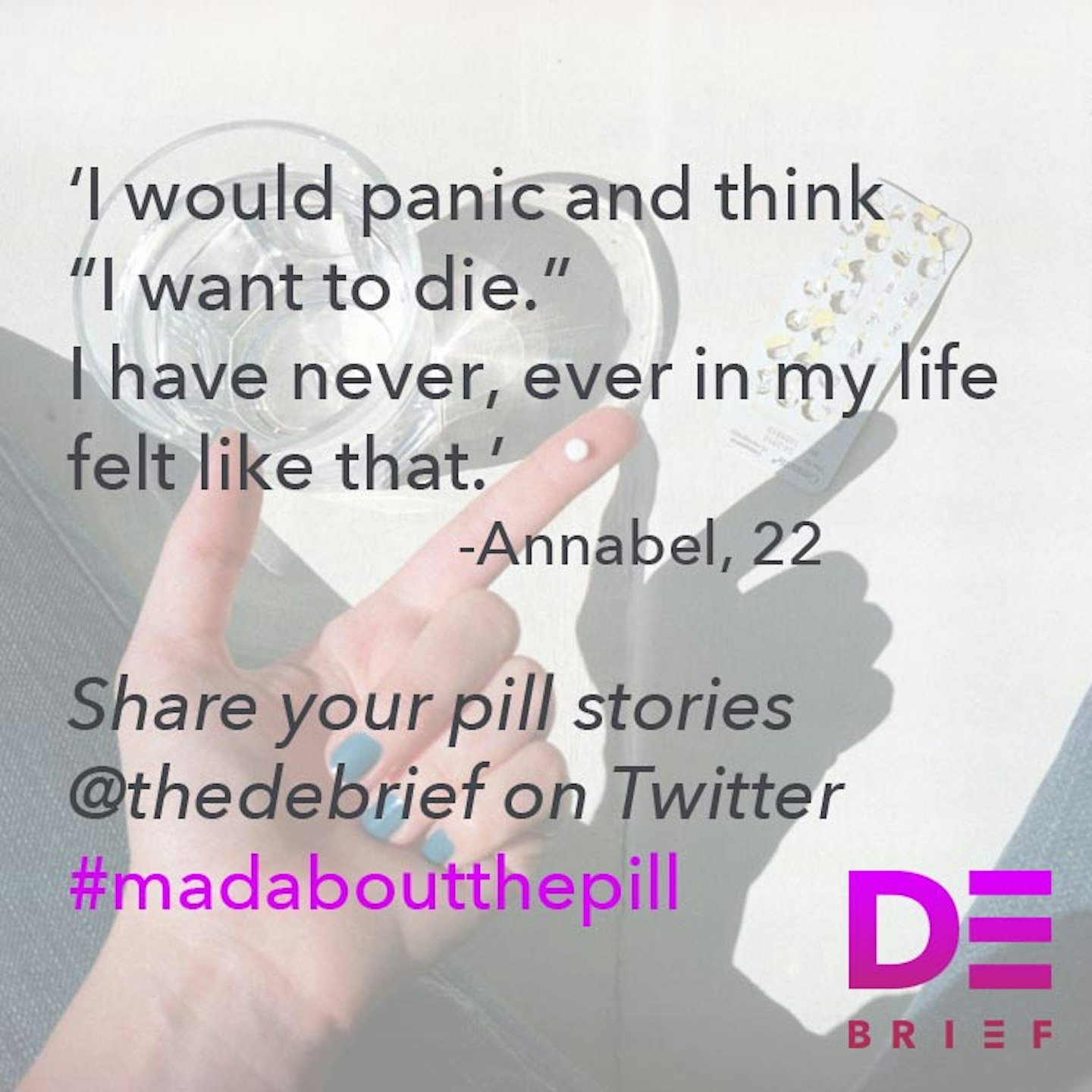 8 of 9
8 of 9Debrief Mad About The Pill Stats
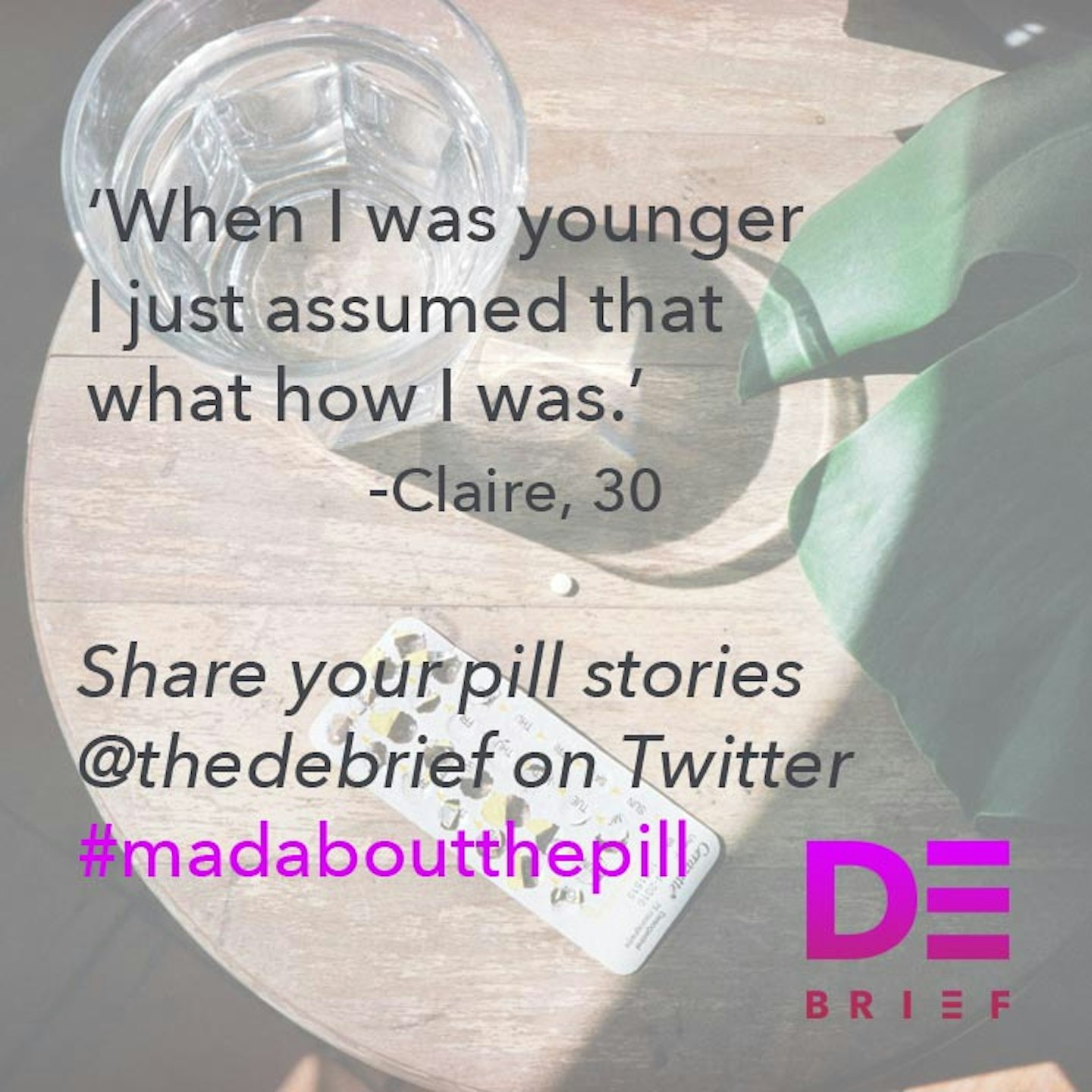 9 of 9
9 of 9Debrief Mad About The Pill Stats
This article was updated on 26/02/18 to remove any ambiguity about the findings of the study
This article originally appeared on The Debrief.
